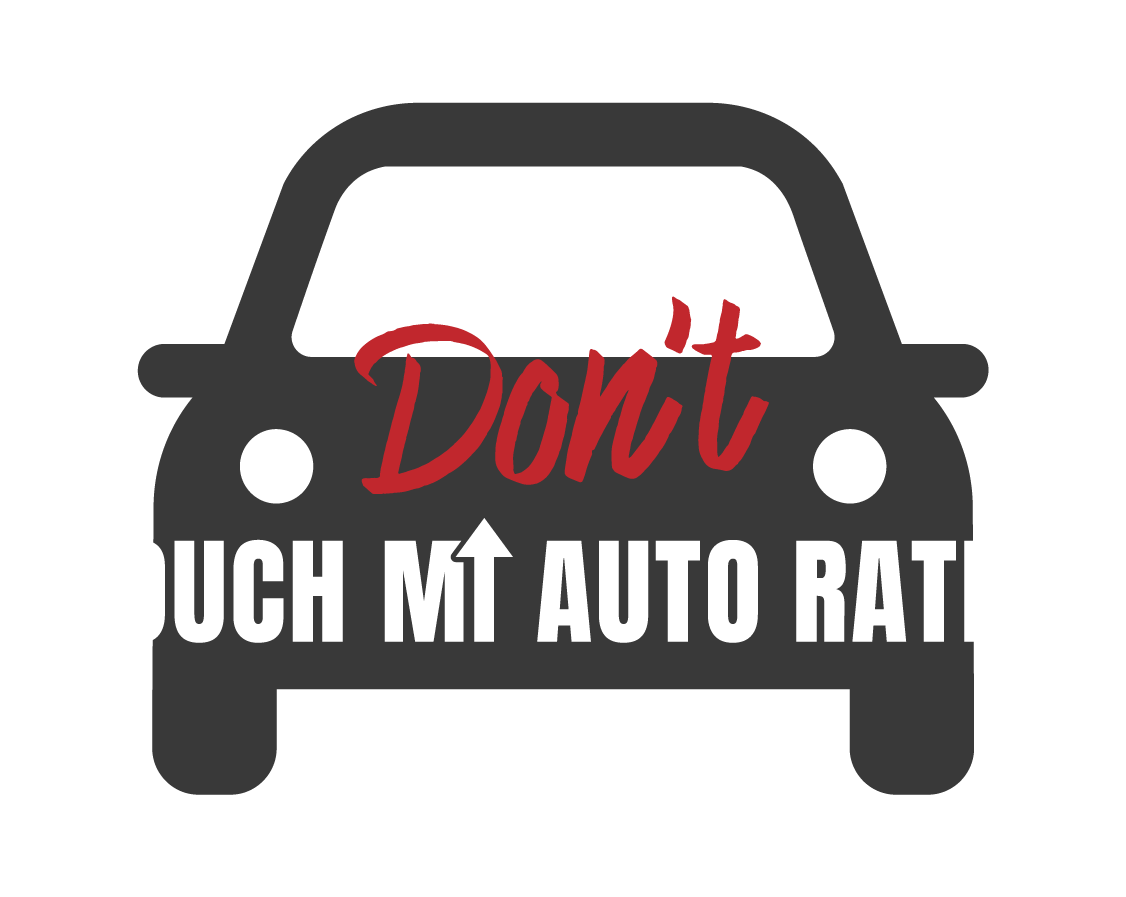
Case Studies
States such as California, Florida, New Jersey, and Washington that have adopted similar bad faith policies as those proposed in Michigan, have seen a dramatic increase in fraudulent claims and frivolous lawsuits that create escalating costs for all consumers and businesses.
New Jersey:
In New Jersey, former insurance commissioners of Florida and West Virginia noted in an op-ed that a 2019 Milliman study, which reviewed a New Jersey bad faith bill similar to the Michigan proposal, found that the bill would have likely cost policyholders a total of $2.5 billion more in insurance premiums.
Washington:
Researchers examining Washington state found that if a more pared-down version of legislation which was similar to Michigan’s proposal, insurance premiums for Washington residents would go up due to added legal costs, costing consumers statewide as much as an additional $650 million annually for auto, homeowners and business policies.
Florida:
A report from the Insurance Research Council (IRC) estimates that Florida’s third-party bad faith legal environment added an average of $106 in claim costs to every insured vehicle in the state in 2017 and resulted in a total of $7.6 billion in additional claim costs from 2006-17. A majority of the additional claims costs can be attributed to rapid growth in the frequency of bodily injury (BI) liability claims, prompted by Florida’s legal rules and standards for resolving allegations of bad faith.
California:
For 10 years, California had case law that allowed the kind of lawsuits created by the bad faith legislation as that being proposed in Michigan. Claims and lawsuits increased dramatically over that ten-year period, premiums increased between 32% to 53% until the law was finally changed.




